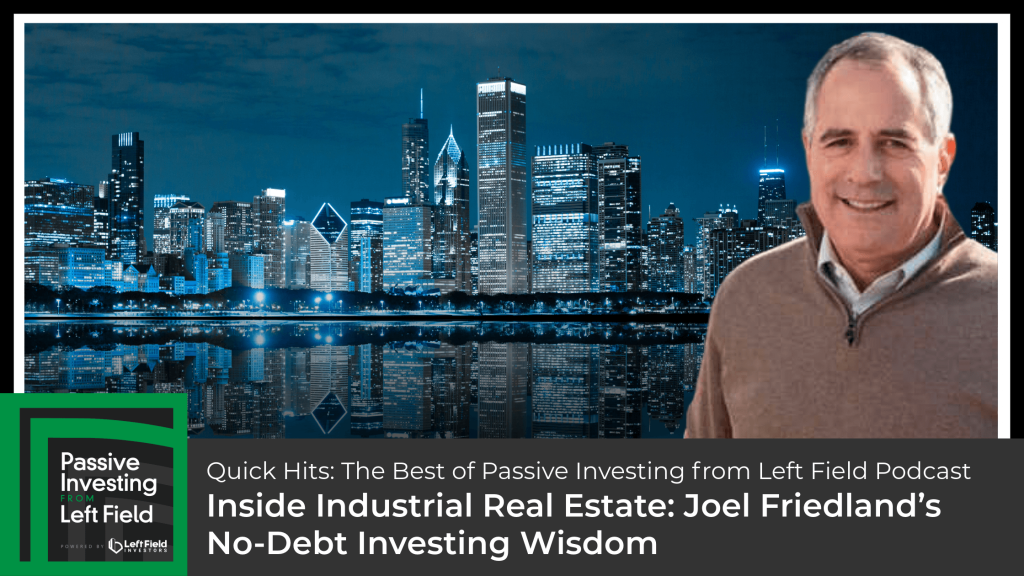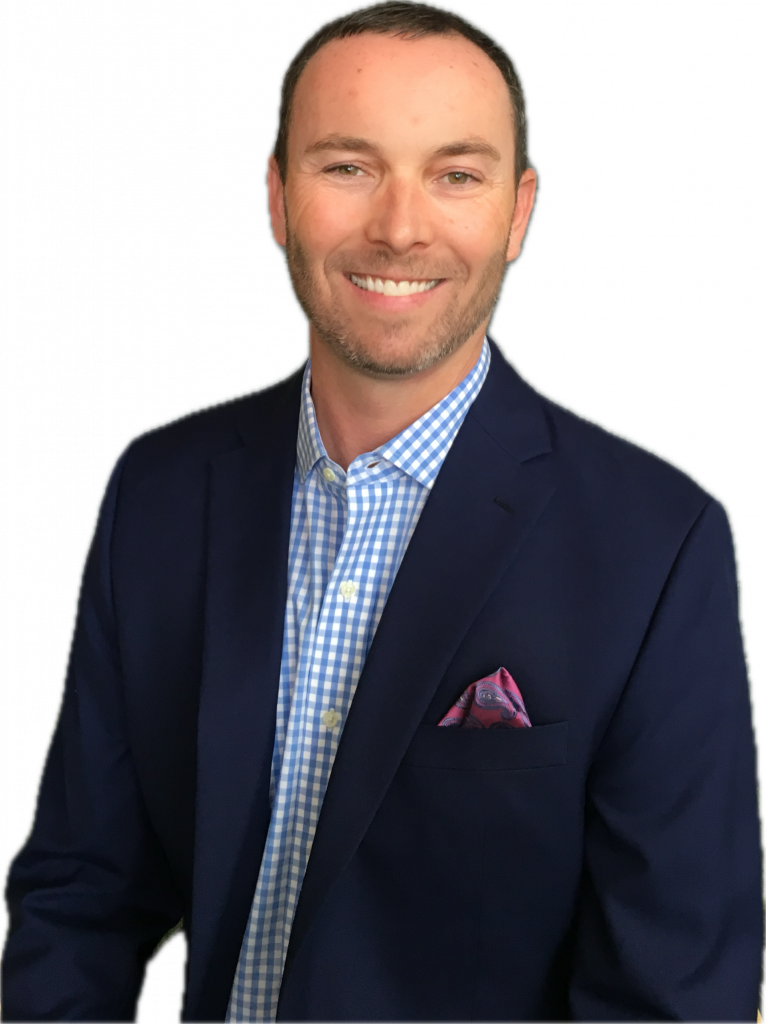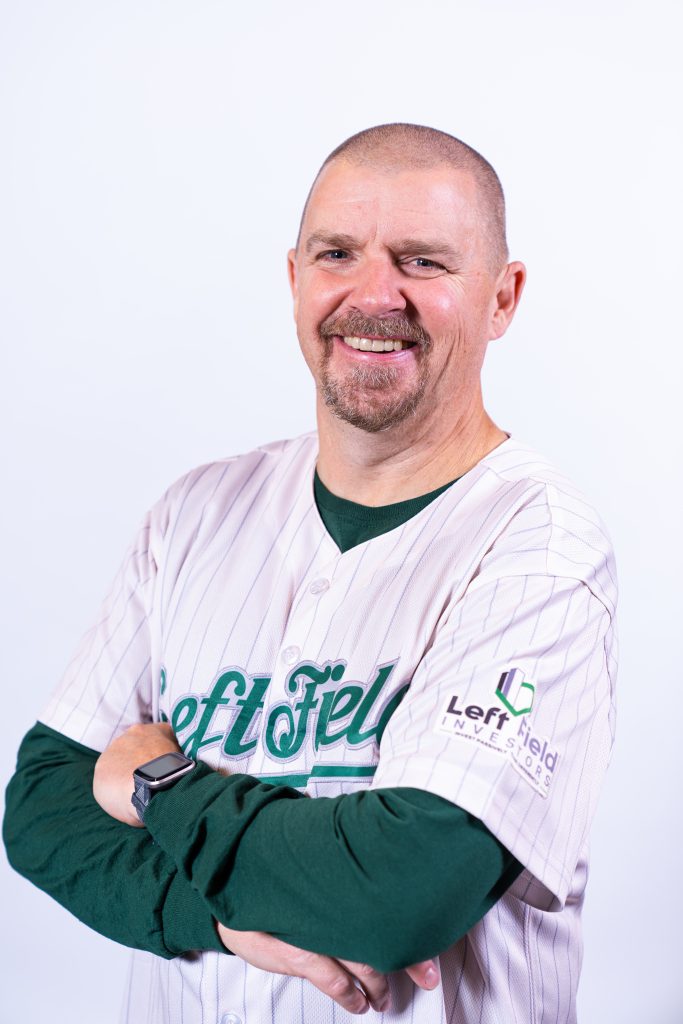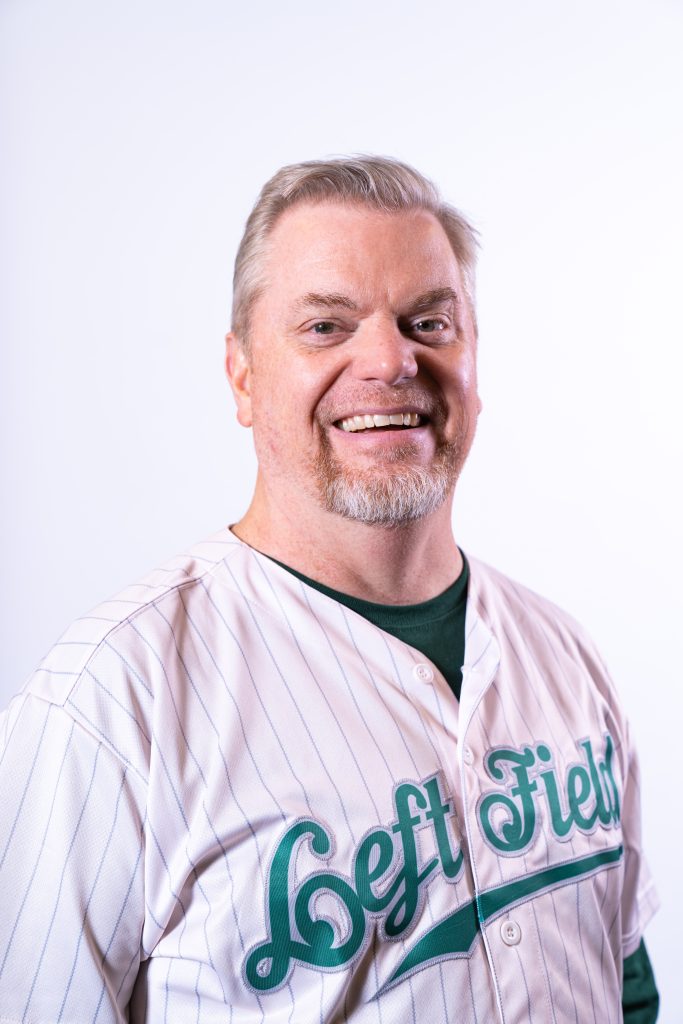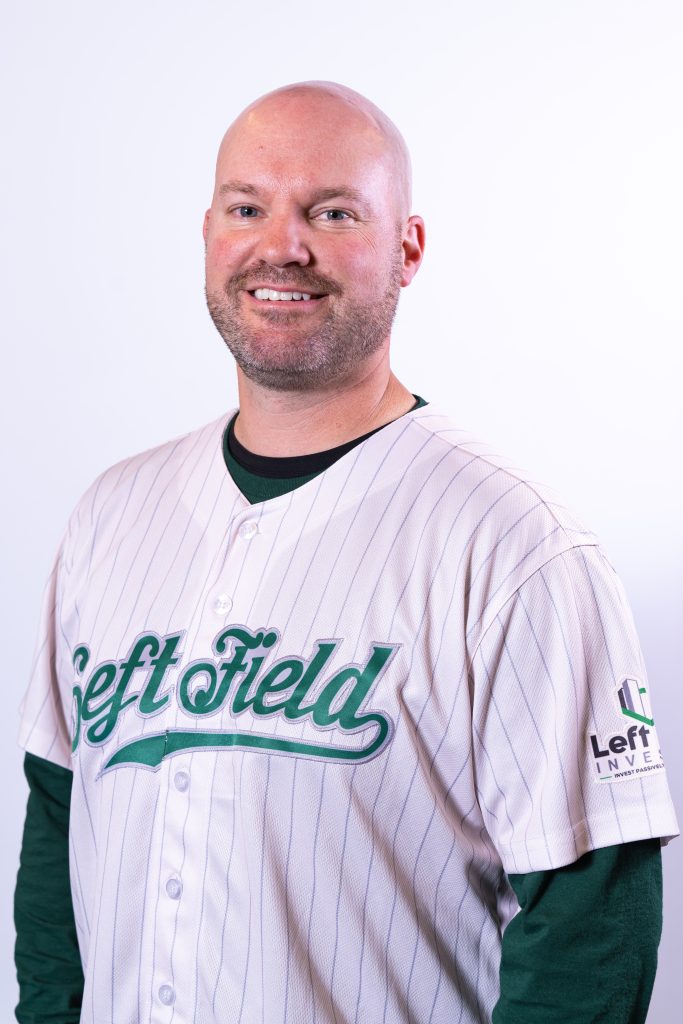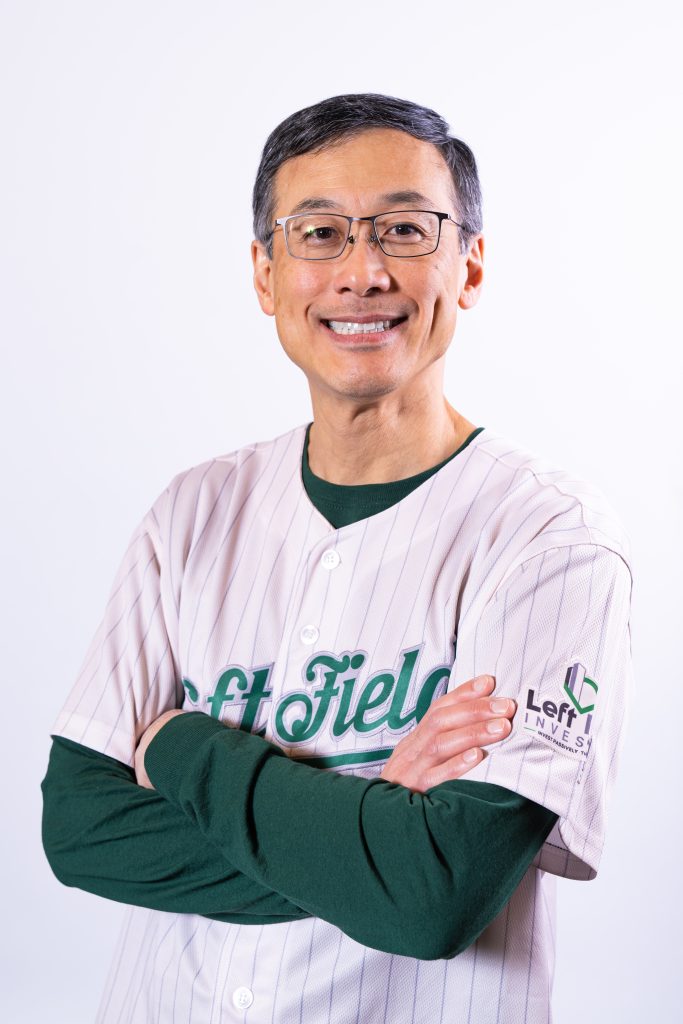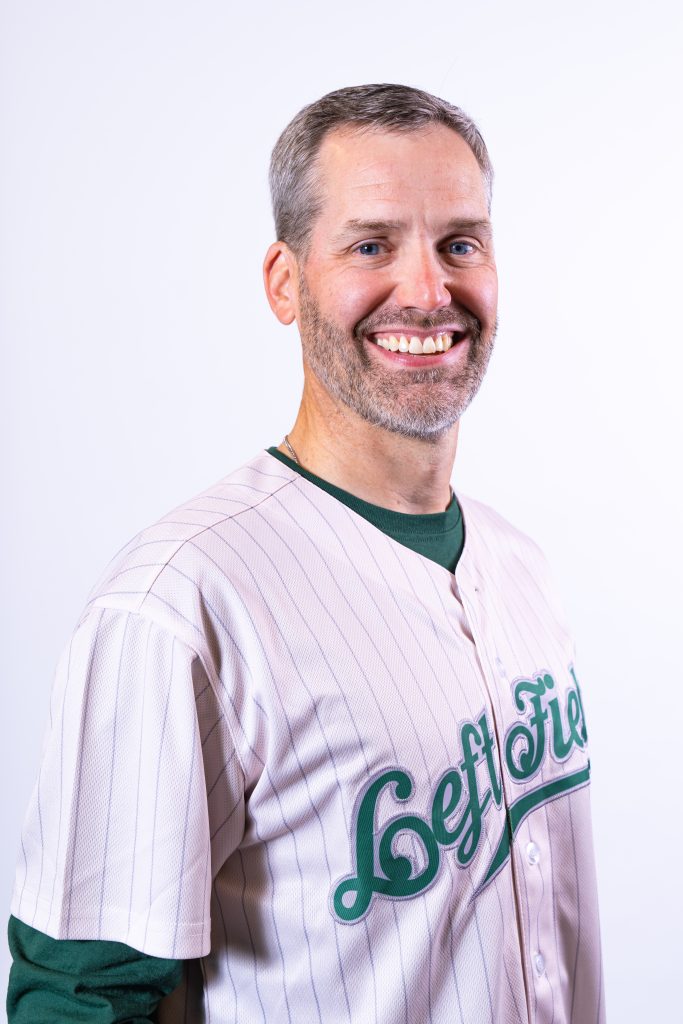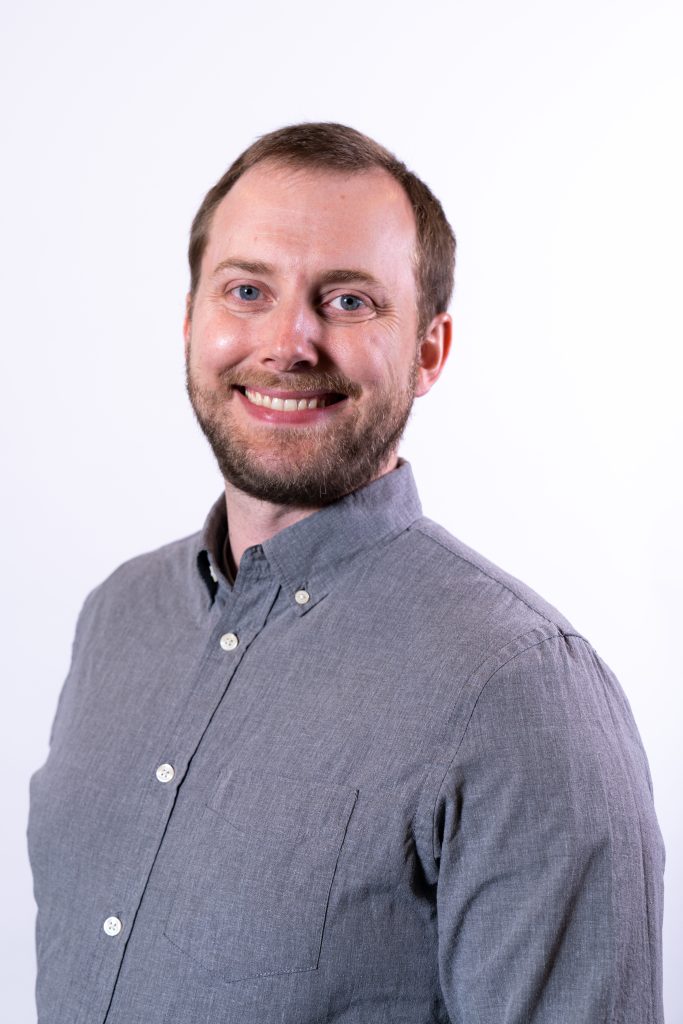Join us on the latest episode of Passive Investing from Left Field, featuring industrial real estate syndicator Joel Friedland. With over 40 years of experience, Joel shares his insights on the importance of due diligence and how understanding tenants and real estate taxes is crucial to the success of real estate deals. Below are some of the key takeaways from the episode where Joel explains why his company opts for all-cash deals with no debt and the priorities he sets for tenant selection to ensure stability and security.
About Joel Friedland
Joel Friedland is an industrial real estate syndicator with over 40 years of experience and nearly 100 acquisitions in the Chicago area totaling ~3 million square feet. He has over 200 investors and takes a unique approach focused on no-debt deals and preservation of capital.
On a day-to-day basis, Joel manages his portfolio of 16 industrial buildings in Chicago. He is actively seeking new deals and partners to join his group.
Key Takeaways
Here are some of the key takeaways from Joel’s appearance on Passive Investing from Left Field:
- The importance of vetting tenants in industrial real estate – Evaluating financial statements, debt levels, and major customer dependencies helps ensure stability and avoid risks.
- Joel’s unique no-debt approach – He does all-cash deals with no debt, preferred by many long-time investors who prioritize consistency and stability over leveraged returns.
- Long-term focused – Average hold is 7 years, with a focus on selling buildings to user companies at a premium. This provides liquidity options but concentrates on buy and hold.
- Due diligence is crucial – Thorough due diligence on tenants, building conditions, real estate taxes, and more is vital when evaluating industrial deals.
Joel’s Journey Into Industrial Real Estate
Joel first got a taste for real estate right after graduating college in 1981 when he was hired by a family that owned 6 million square feet of industrial properties in Chicago. He recalled, “It was really fun, I could do it. It was fun – you probably haven’t heard anybody say cold calling is fun.”
Over the next 10 years, Joel worked on the leasing side for the family, learning the ins and outs of Chicago’s vast industrial real estate market with over 16,000 buildings and 1.5 billion square feet.
In 1989, Joel embarked on his first syndication – raising ~$560,000 from a network of individual investors to acquire a small industrial property. From there, he steadily built up his track record completing deals and forming valuable relationships over 30+ years.
All-Cash, No-Debt Approach
When asked about his strategy, Joel explained, “We buy all cash, no mortgages. If we buy a building for $1 million we have to be getting $80k a year in rent because our investors like to get 2% quarterly.”
He targets an 8% annual return, paid out evenly each quarter to his investors. By eliminating debt, he avoids key risks like foreclosure, heavy interest payments, and pressure from lenders.
Joel acknowledges the leverage benefits he misses out on but focuses on the stability. He commented, “Does it hurt us in terms of the magnification you get from leverage that we don’t have? Yes, but there is a group of investors that doesn’t care about that, they just want to make their 8% knowing that it’s consistent.”
Careful Tenant Selection
In industrial real estate, selecting tenants carefully is crucial since spaces can be challenging to re-lease if vacated. Joel targets manufacturing companies as tenants and vets them by:
- Reviewing financial statements
- Understanding their debt levels
- Identifying major customers and dependencies
He also prefers tenants with corporate parents or financial backing, avoiding risky startups. Independence, scale, diversity of customers, and stability help ensure tenants can fulfill long-term obligations.
Mitigating Investor Risk
Two key ways Joel mitigates investor risk, beyond avoiding debt, include:
- Niche approach – Smaller Class B/C buildings from 10k-50k square feet reduce exposure versus giant warehouses. He employs a tighter focus on the Chicago market.
- Decision-making process – Joel runs all deals by an 8-person advisory board of experienced real estate professionals to validate diligence and assumptions.
He also stressed the importance of thoughtful succession planning and transparency through regular reporting to demonstrate responsible management and governance.
Advice For Evaluating Operators
When asked how LP investors should evaluate industrial operators like himself, Joel offered a few key suggestions:
- Review the PPM carefully as an initial filter
- Make sure critical questions get answered directly by the decision maker
- Look for operators who focus on the details – real estate taxes, building specifications, neighboring tenants, and due diligence process
- Verify there is proper succession planning for longevity and stability
He noted smaller investors can start with as little as $25k to build trust. But more importantly, operators should instill confidence that they are true local experts who make careful, informed decisions.
Exits and Liquidity
While Joel takes a long-term hold approach with buildings, averaging 7 year terms, he understands LP investors still need options. The most typical exit route involves selling buildings at premium valuations directly to owner-occupant companies rather than investors.
Additionally, Joel facilitates liquidity through Rule 144 transfers where investors buy/sell amongst themselves after holding for 1+ years, avoiding the need to list properties. Legal agreements handle price negotiations and Joel oversees proper tax treatment.
No-Debt Investing Wisdom
If you listen to just one episode on industrial real estate investing strategies, make it this one. Joel brings hard-earned lessons from navigating four decades of shifting cycles and uncertainties. His transparent approach and unique no-debt model offer incredible insights even beyond industrial.
Take Your Investing to the Next Level
If you enjoyed Joel’s wisdom and want to continue learning from experts like him, the LFI Community is for you. We provide unmatched education, exclusive investment opportunities, and a network of experienced professionals – everything you need to take your investing to the next level.
Become a LFI Infielder to gain access to members-only content and webinars with industry veterans. Get exposure to off-market real estate deals you won’t find anywhere else and know fellow investors have your back on your journey.
The LFI Community offers the education, insights, and support to help accelerate your success in passive investing. Click here to learn more and join us.
This article is for educational purposes only and is not to be relied upon as the basis for entering into any transaction or advisory relationship or making any investment decision. All investments involve the risk of loss, including the loss of principal. Past performance, and any performance results reflected in this article, is not an indication of future results.

